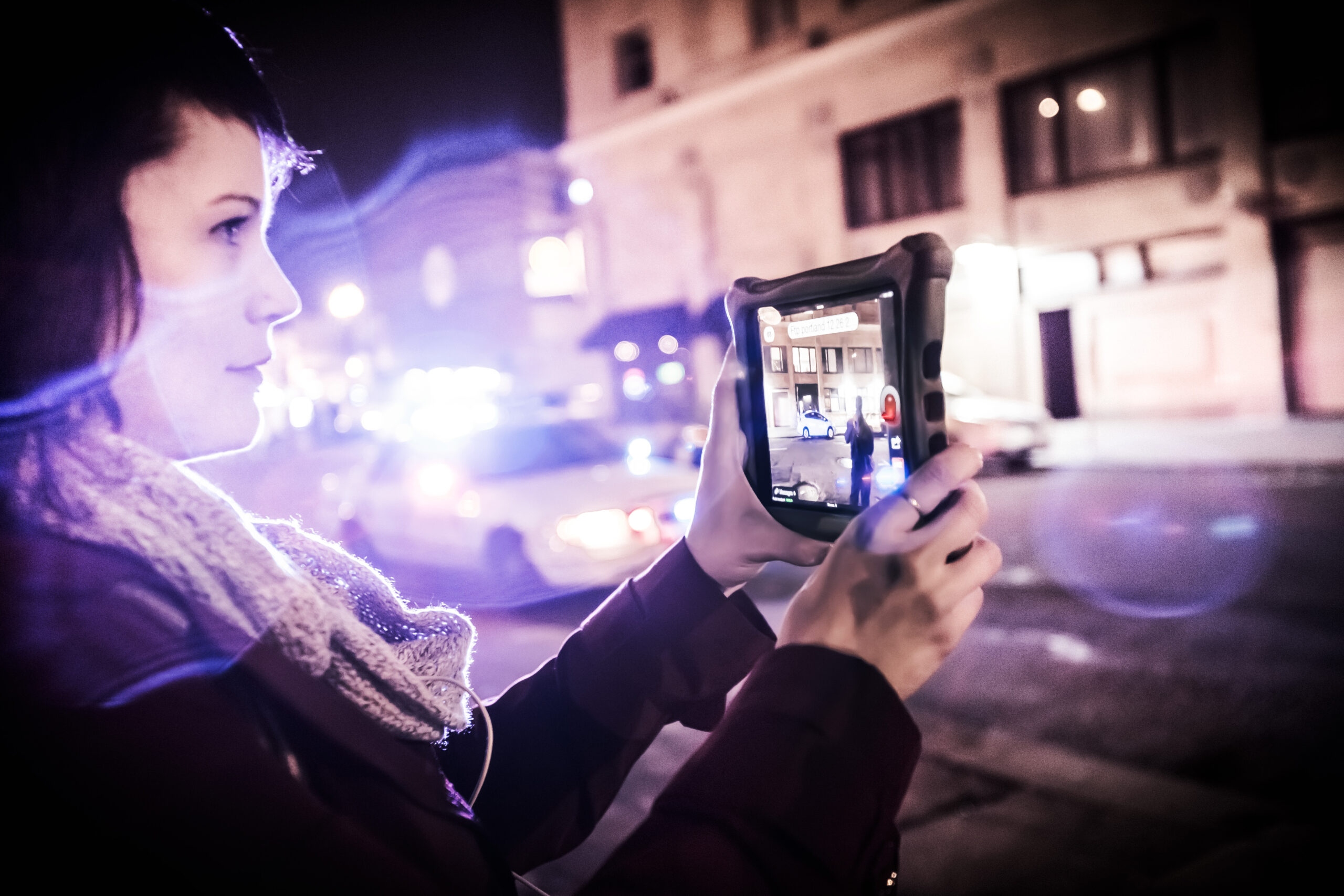Gresham Cop Snatches Phone From Observer During Live Broadcast
- Latest Update: Feb 11, 2015

Stay Informed
Sign up to be the first to hear about how to take action.
By completing this form, I agree to receive occasional emails per the terms of the ACLU’s privacy statement.
By completing this form, I agree to receive occasional emails per the terms of the ACLU’s privacy statement.
